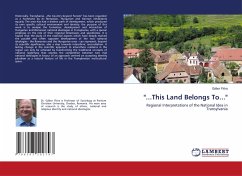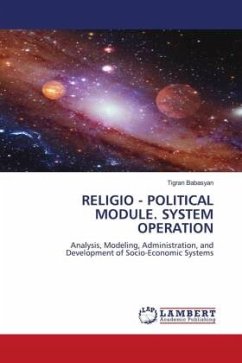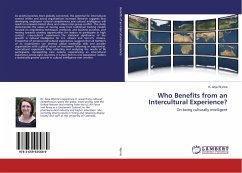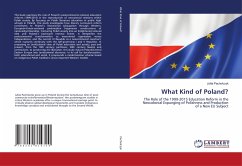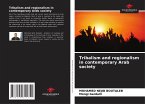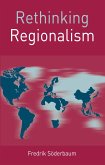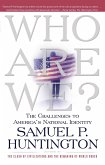Historically, Transylvania, "the Country beyond Forests" has been regarded as a homeland by its Romanian, Hungarian and German inhabitants equally. The area has had a distinct path of development, which produced its own specific cultural environment and identity. the purpose of this work is to analyse the formation, development and interaction of Hungarian and Romanian national ideologies in Transylvania, with a special emphasis on the role of their regional dimensions and specificities. It is hoped that the study of the essential aspects which have deeply marked the parallel and often opposite development of the two national ideologies - the Romanian and the Hungarian ones - can represent, beyond its scientific significance, also a step towards interethnic reconciliation. A lasting change in the scientific approach to interethnic relations in the region can only be achieved by transforming the traditional concepts of national legitimacy that express the competition between two rival national ideologies in favour of an approach centred on accepting identity pluralism as a natural feature of life in the Transylvanian multicultural space.
Bitte wählen Sie Ihr Anliegen aus.
Rechnungen
Retourenschein anfordern
Bestellstatus
Storno

